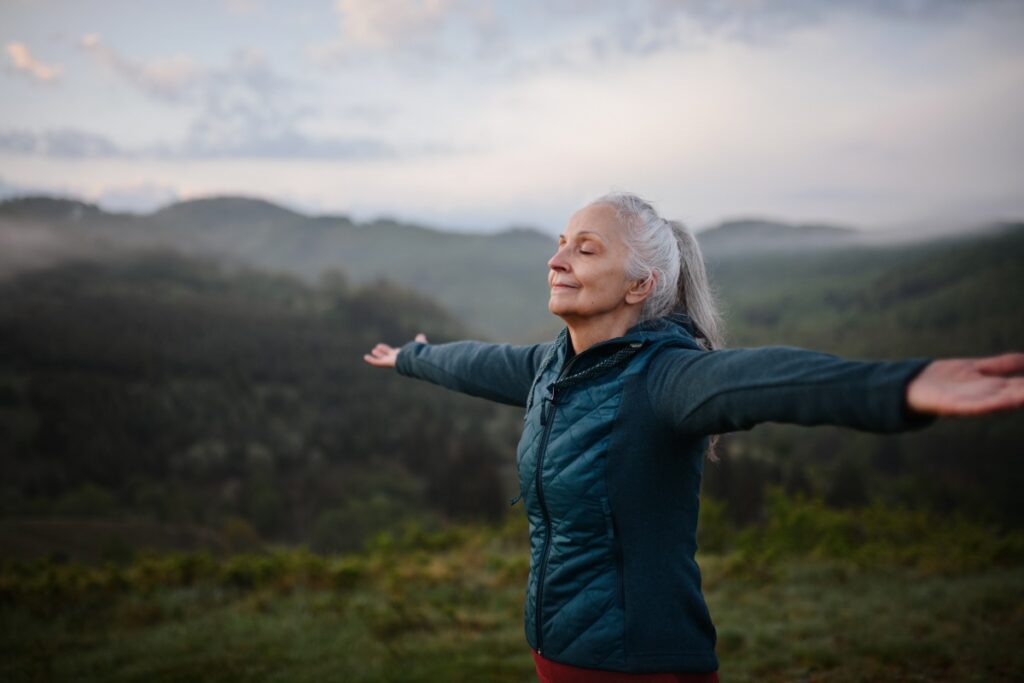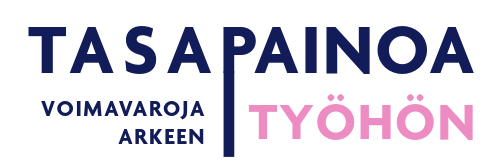In the TasapainoaTyöhön project, we promote the well-being and resilience of employees in female-dominated fields.
Target Group
We work with professionals in early childhood education, healthcare, cleaning, and food service sectors in the North Savo region. Our focus is especially on working-age individuals who are already showing signs of burnout.
Research indicates that these sectors have particularly high rates of long-term sick leaves and early retirements due to disability within the past three years. Additionally, the COVID-19 pandemic has further weakened the resilience of women and young employees in these fields.
We aim to engage approximately 250 employees from the North Savo region in the project.

Goals
The goal is to prevent and reduce employee burnout and promote a balance between work and leisure, particularly in female-dominated, low-wage sectors.
A broader aim is to decrease the number of long-term sick leaves, prevent transitions to disability pensions, and promote gender equality in the workplace. Additionally, the project seeks to create a better, higher-quality, and more sustainable working environment in sectors facing labor shortages.
The objectives and actions align with the content of the Work2030 program.
Actions and Methods
The objectives are promoted using a socio-ecological model at the individual, organizational, and societal levels. This multi-level approach aims to maximize the impact of development activities on employee well-being and resources.
- Increasing everyday resources through well-being coaching: Employees participating in the project will receive a tailored well-being coaching program aimed at boosting everyday resources. The coaching lasts for a year and combines remote and live group sessions. The focus is on supporting participants in achieving a better work-life balance and creating a personalized path toward a more balanced daily life.
- Developing work communities and leadership skills:
Work communities and supervisors will receive training to improve workplace practices and leadership skills. The practices of participating work communities will be developed to better support employee well-being, considering employee experience, work environment, and lifestyle. Supervisors will receive training in human-centered leadership methods, and a peer support forum will be created for them. - Societal impact and the TasapainoaTyöhön model:
The project’s results and themes promoting workplace quality and employee well-being will be shared at a societal level. Based on findings, experiences, and research data, the TasapainoaTyöhön workplace well-being model will be developed. This model is designed to fit the everyday life of work communities, supporting comprehensive employee well-being with a focus on work-life balance.


